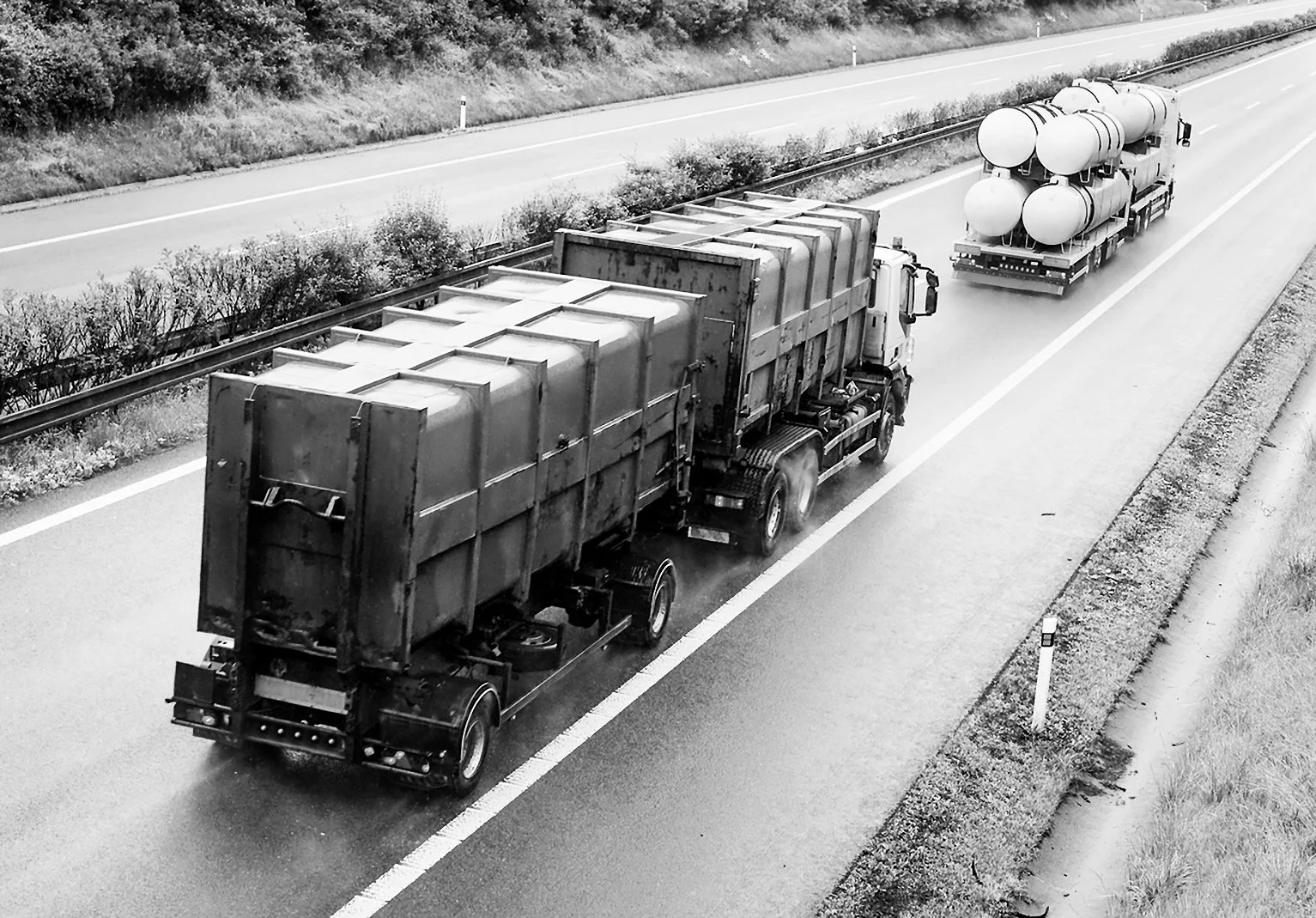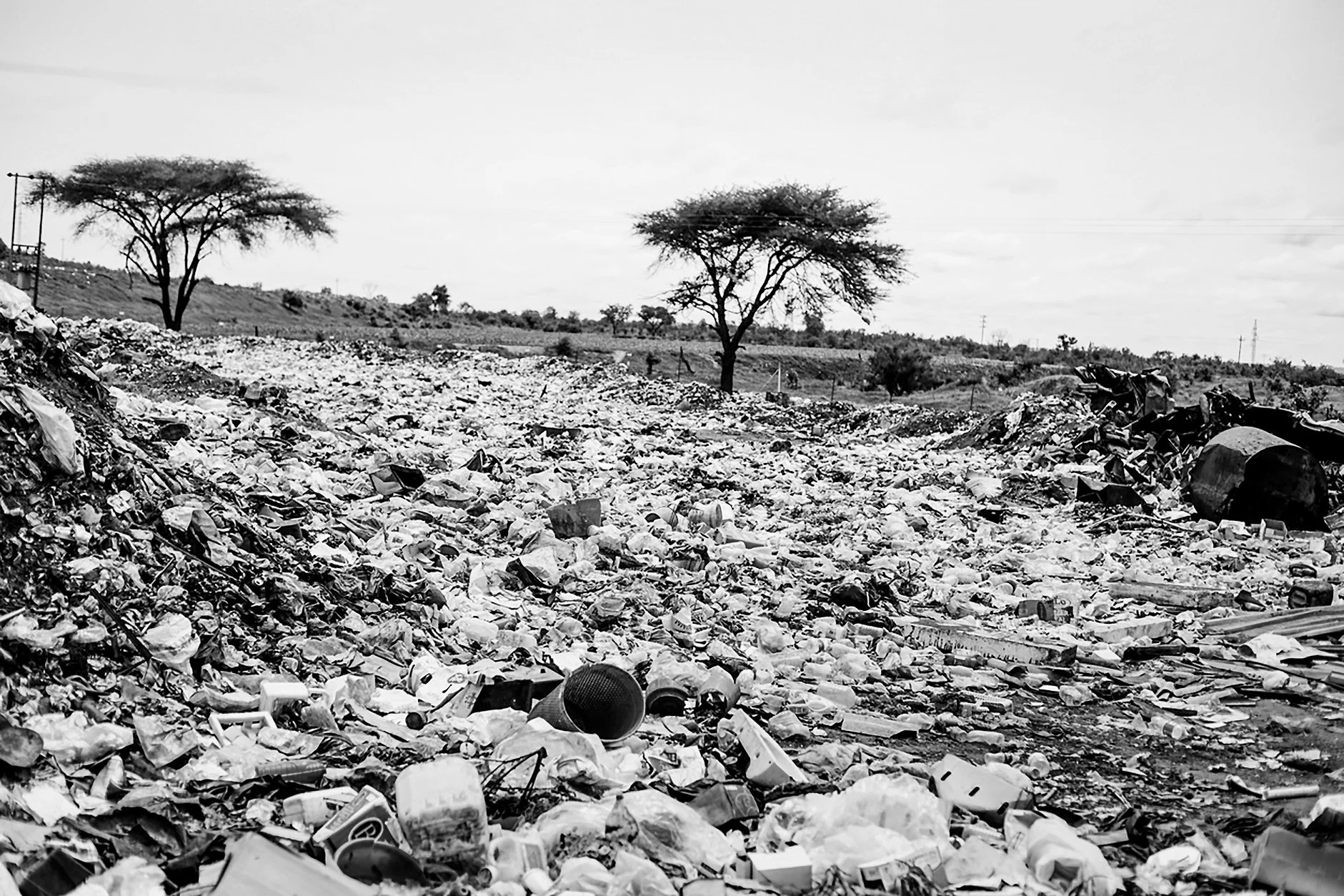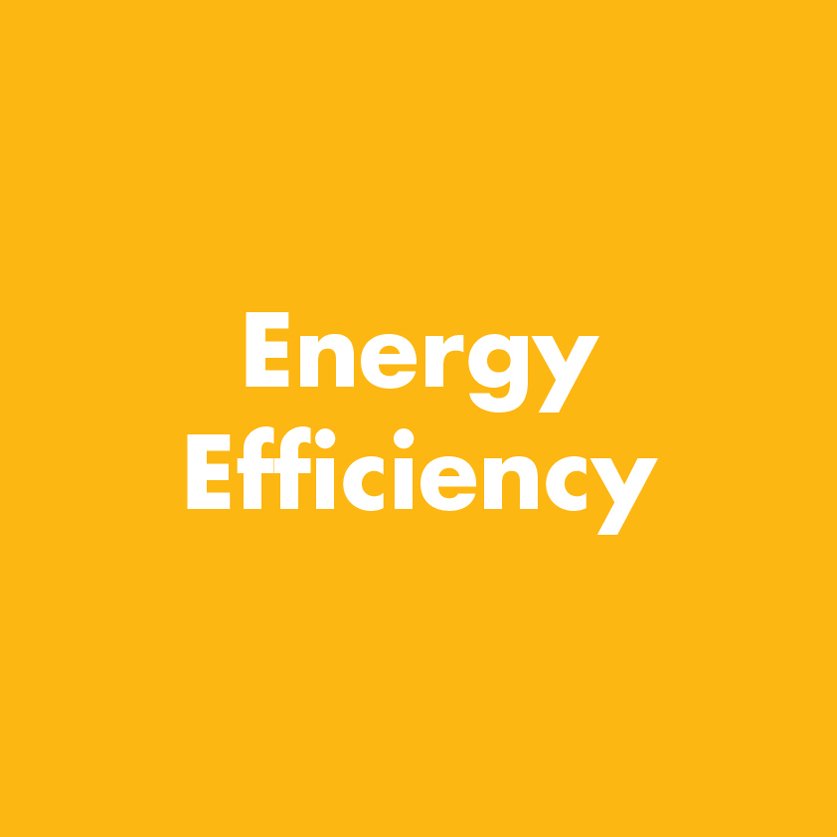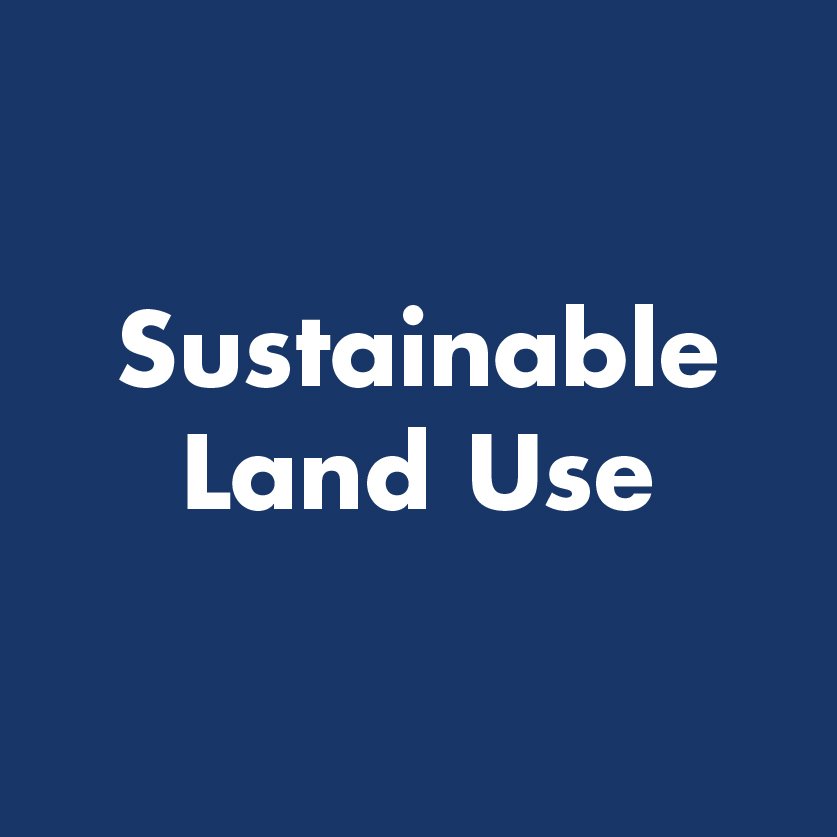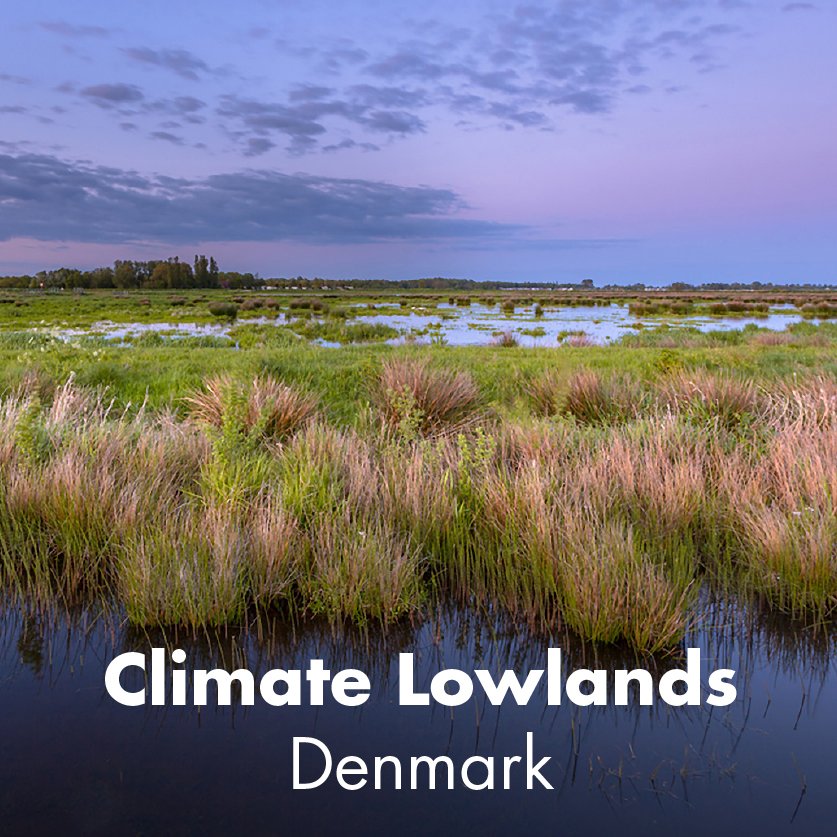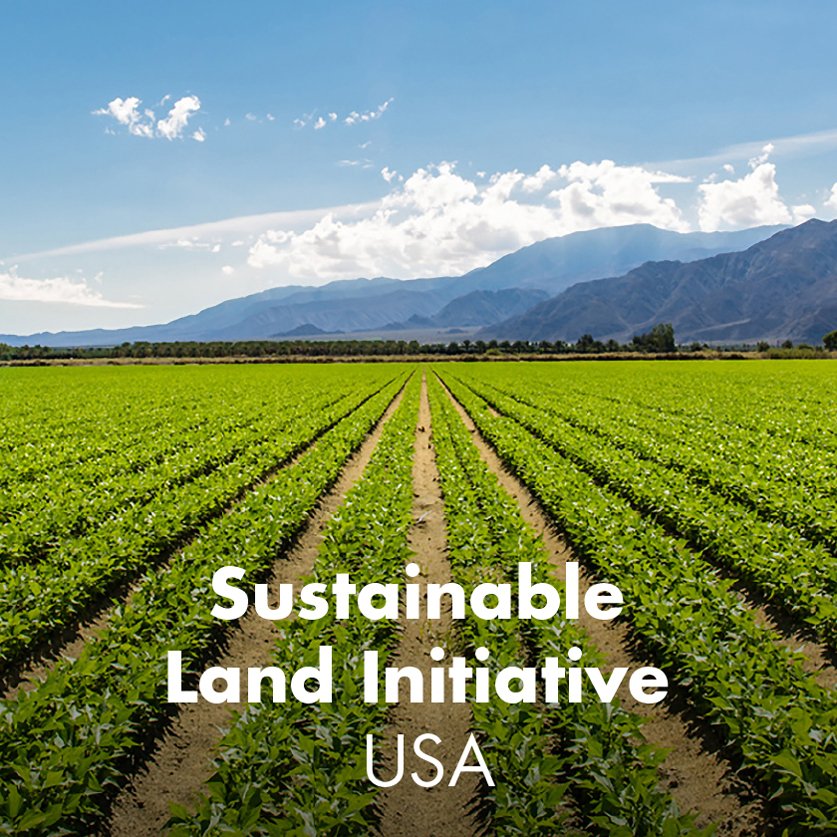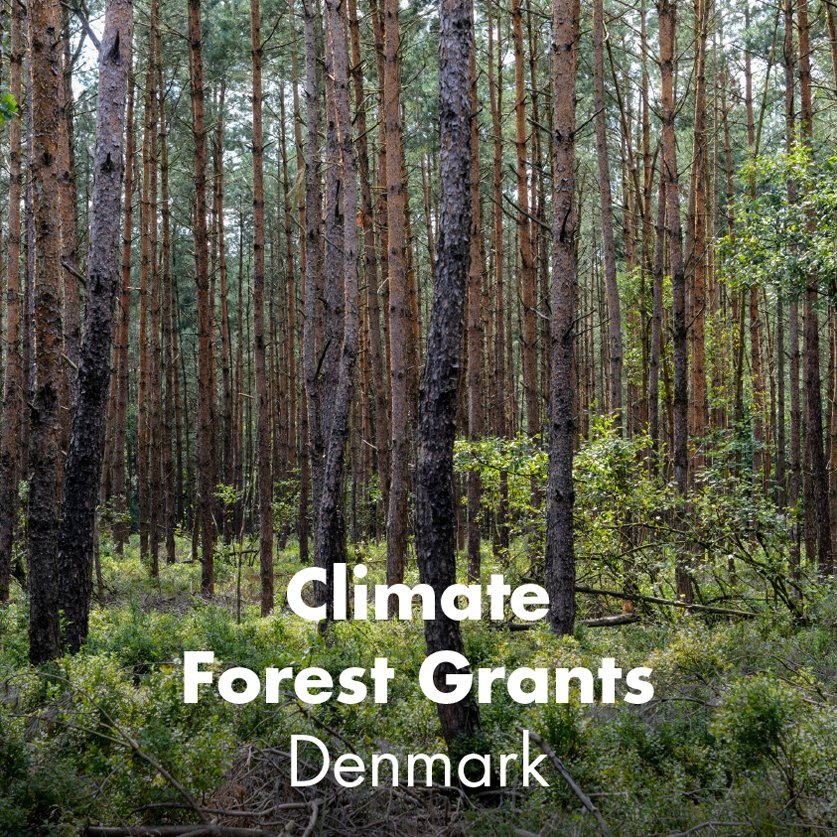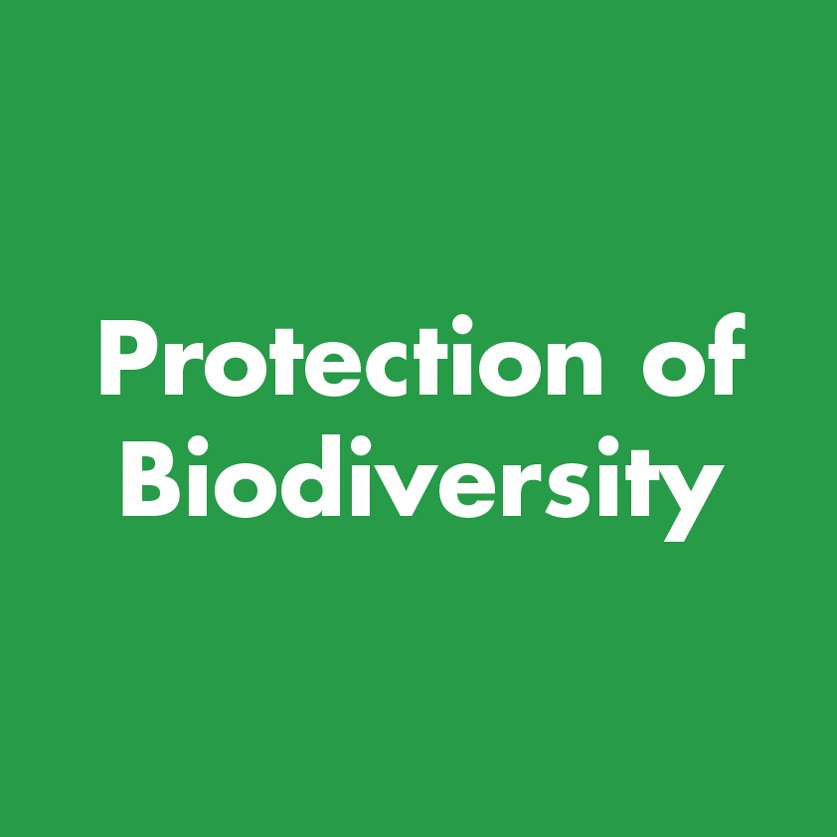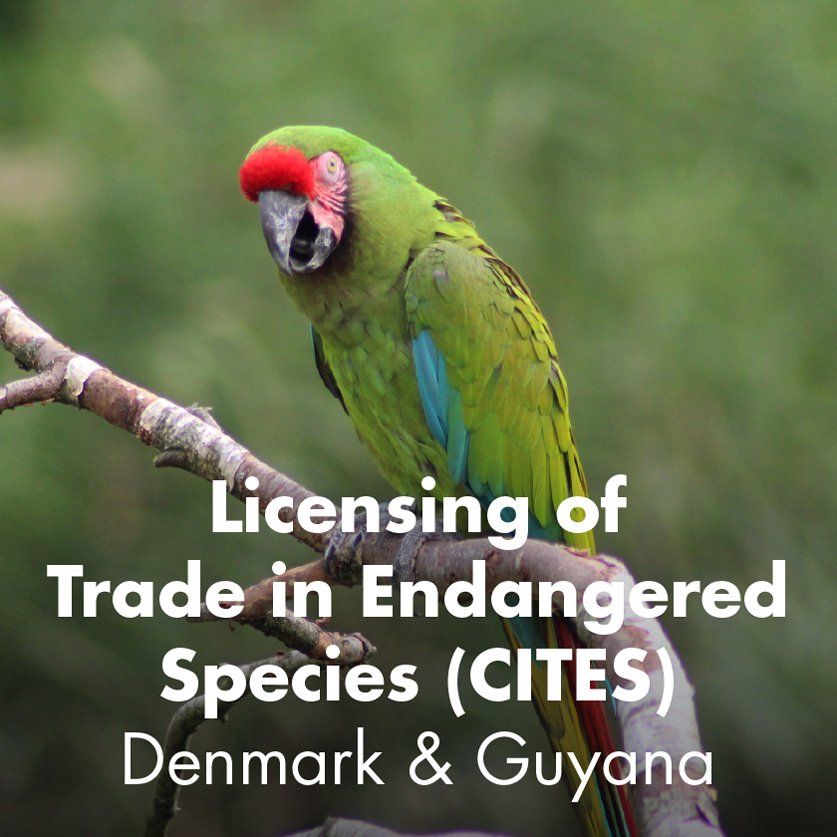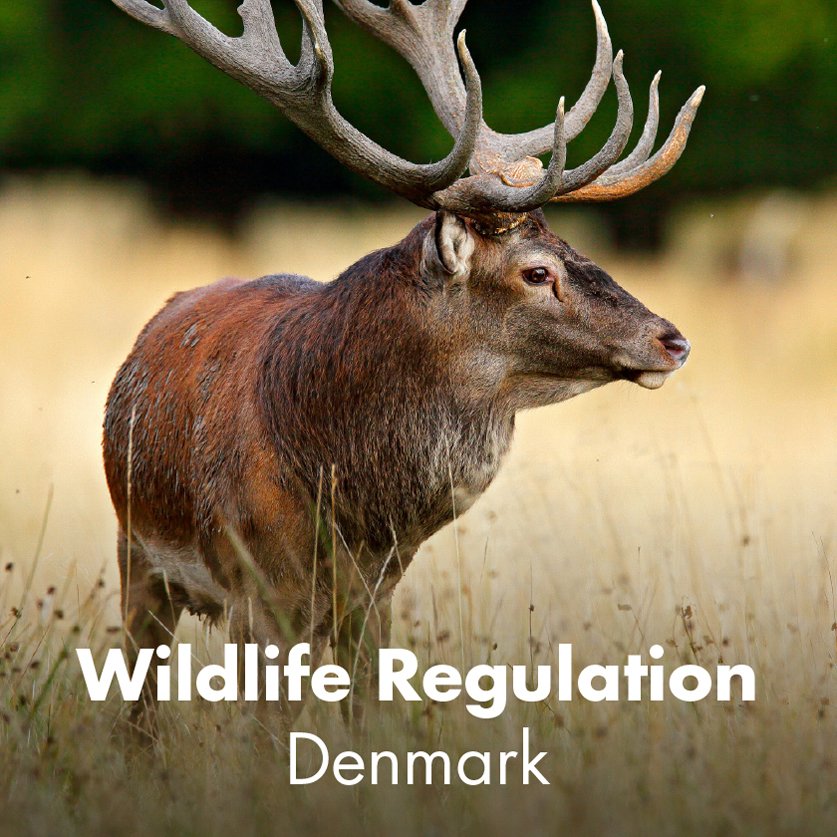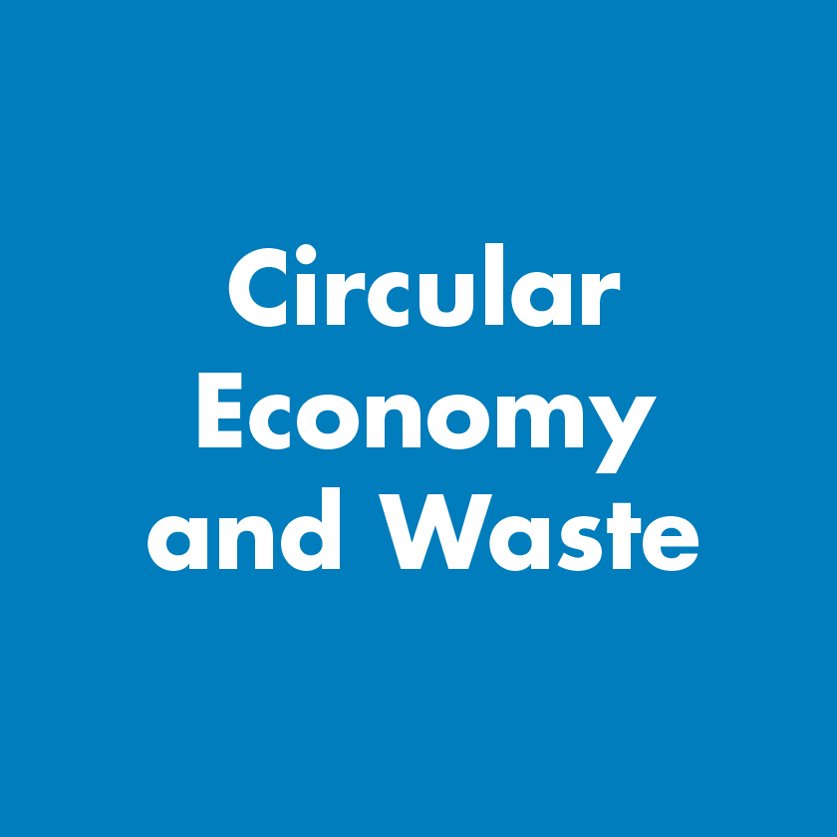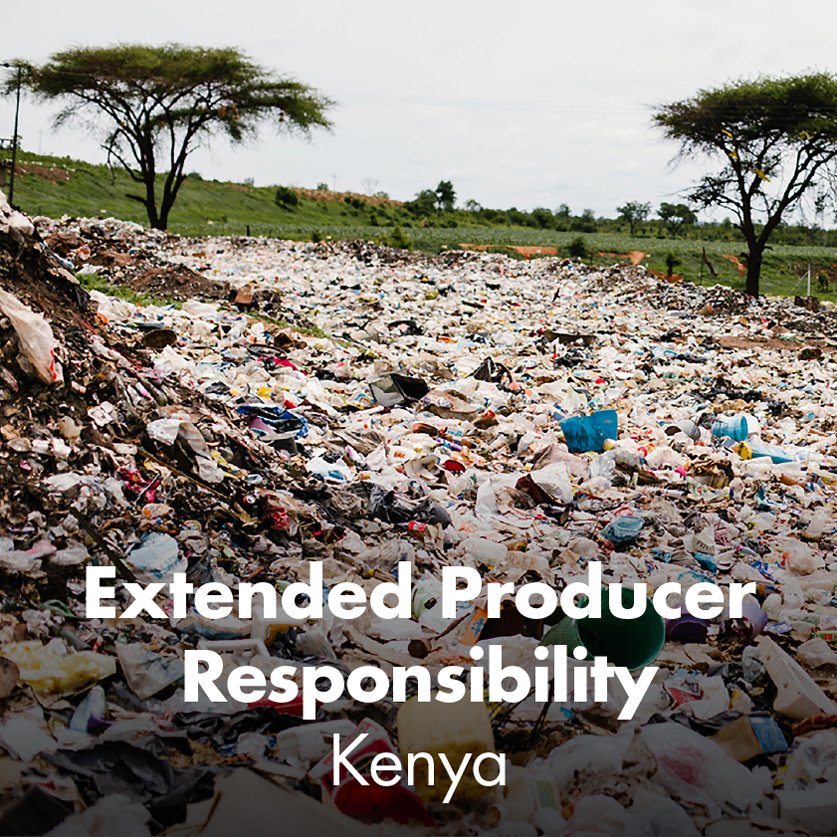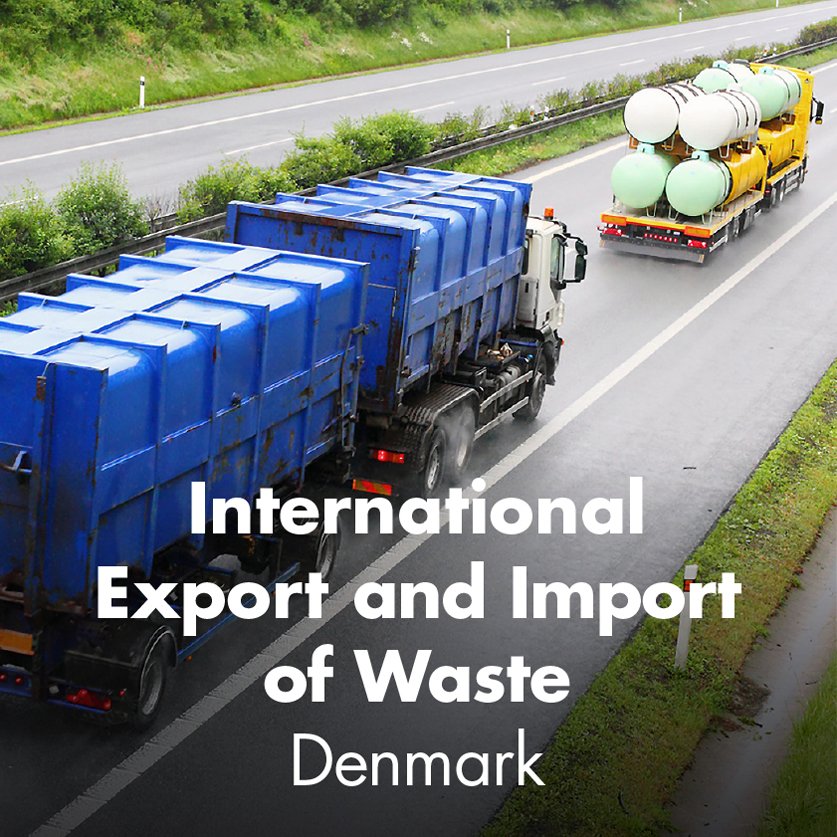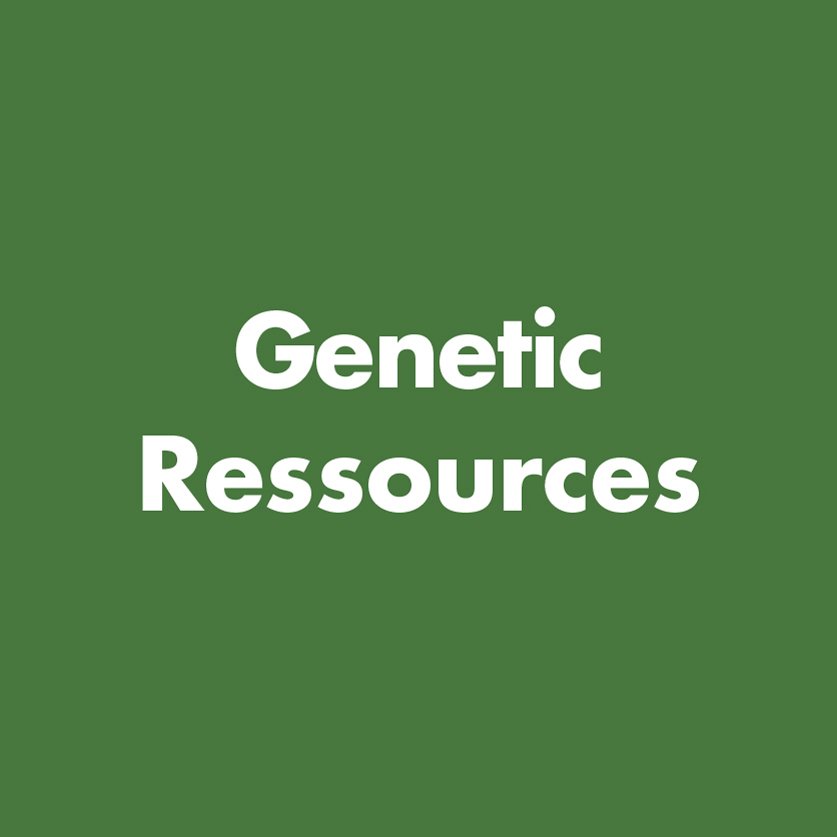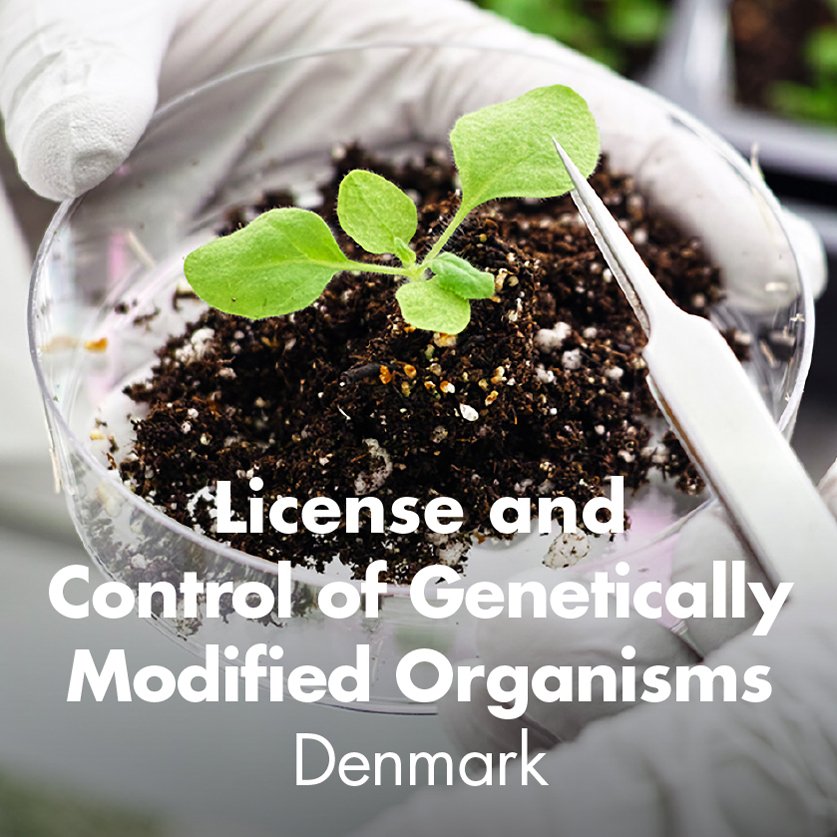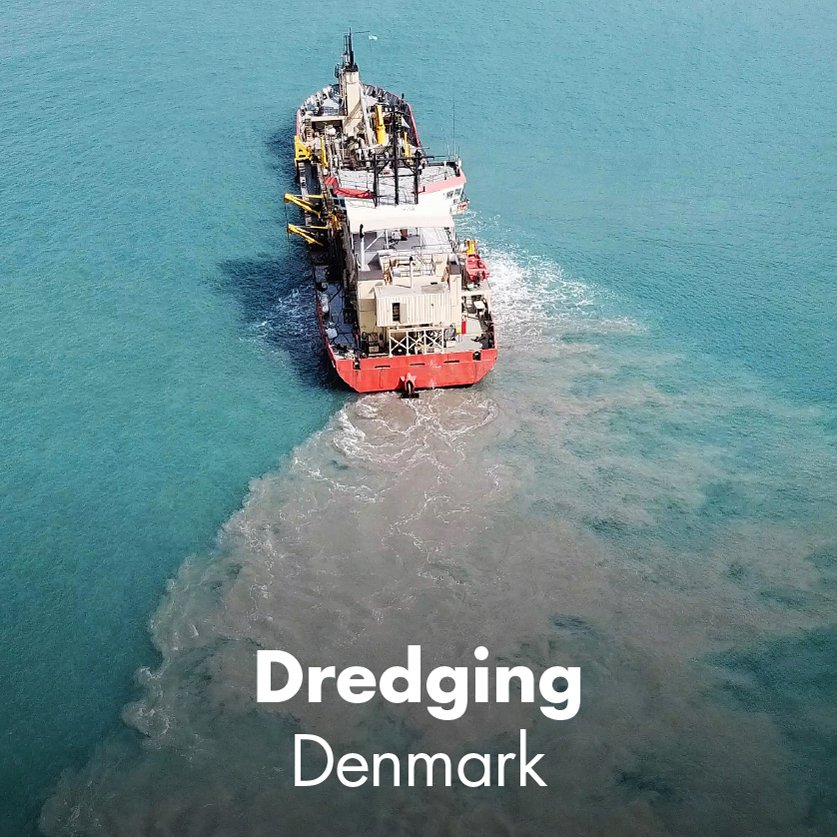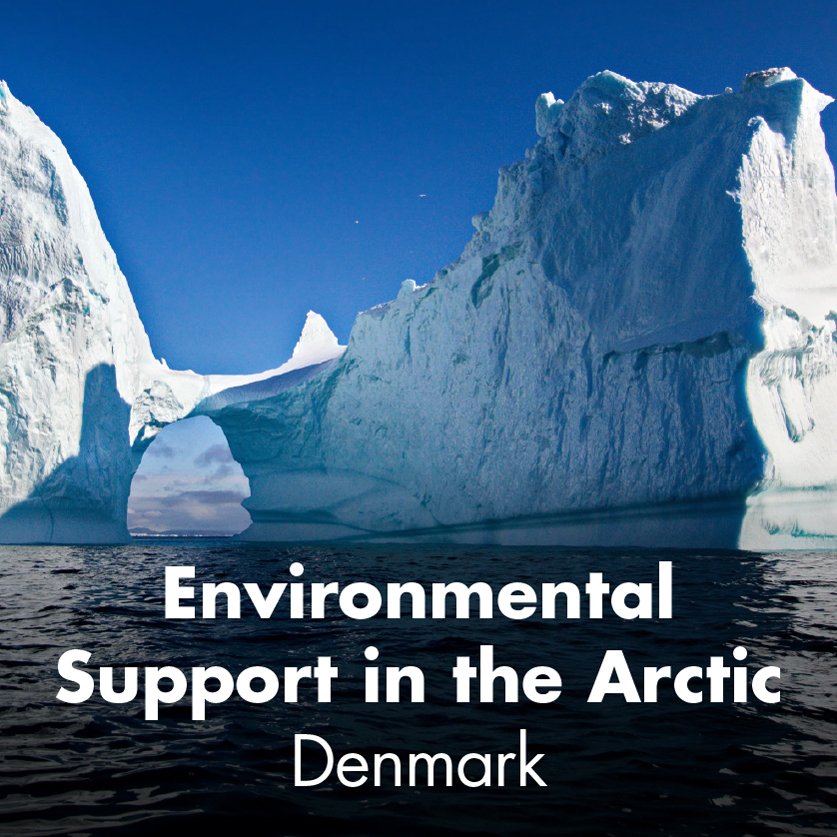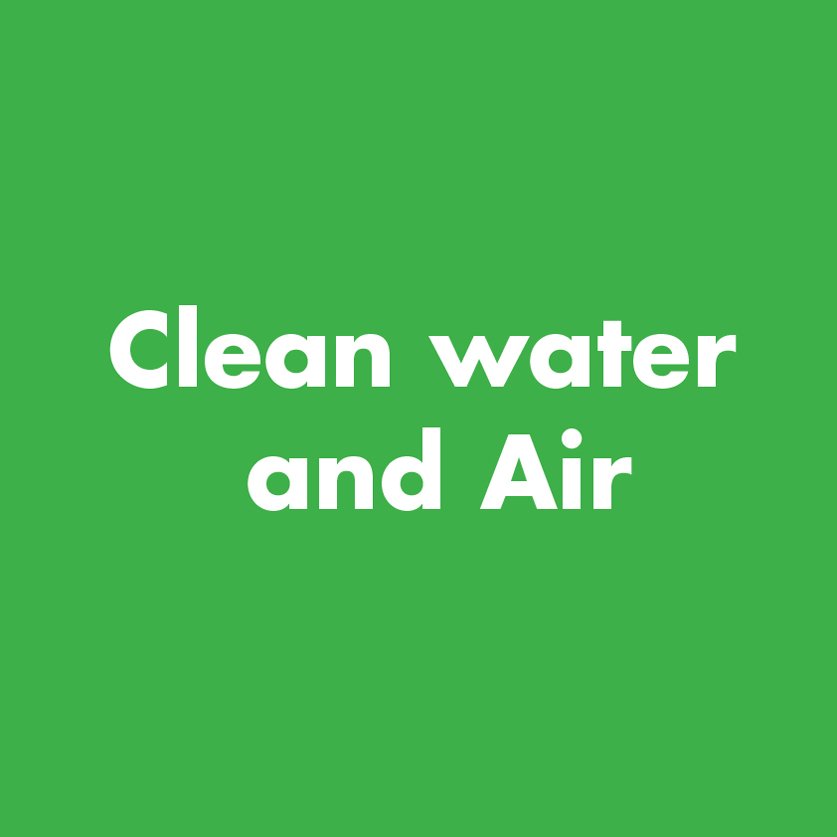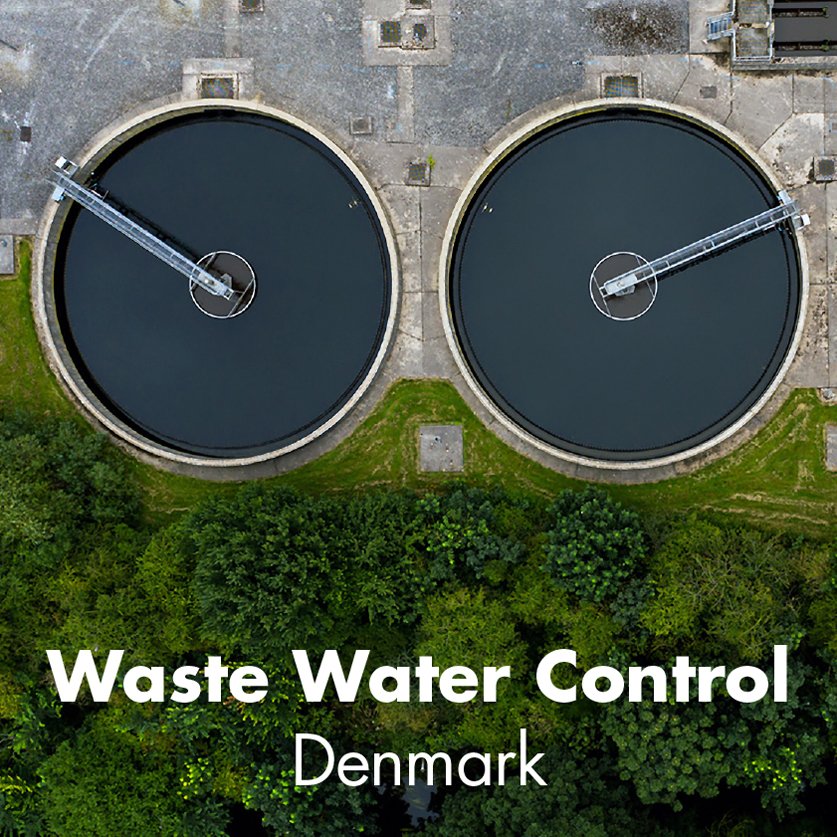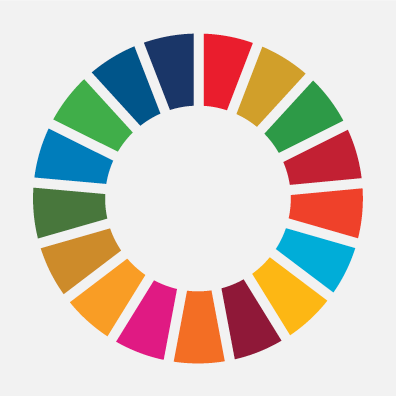Circular economy and waste management
The world generates more than 2 billion tons of municipal solid waste annually. Experts claim that 33% of this is not managed in an environmentally safe manner. Plastic pollution from waste is one of the greatest human-made threats our planet faces. Of the approximately 275 million metric tons of plastic waste produced annually, up to 12 million tons leak into oceans with dire environmental effects . Plastic being a fossil material, the lack of recycling of plastic also constitutes a severe climate problem. This has led to the understanding of a need to transform from a linear to a circular economy. The circular economy seeks to regulate and incentivize that resources are re-used and thus recirculated indefinitely and use of virgin materials are minimized.
To further the circular economy governments across the world are introducing extended producer responsibility (EPR) regulation to make producers accountable for products and packaging also in the post-consumer phase. This type of regulation provides strong incentivizes product design that minimizes use of virgin materials and maximizes recyclability.
Our philosophy is to make EPR compliance as easy and hassle-free as possible for those who comply by reporting and paying their dues – and make it easy for enforcers to catch those who don’t.
Full suite producer responsibility organization management
The EPR ecosystem is a complex mechanism with a multitude of stakeholders and several processes tying them together. The key in this solution is to utilize the F2 platform architecture to develop a database that can be used both for registering companies and keeping track of waste volumes as well as control and reporting. The F2 platform and its EPR database form the engine of the circular economy.
The main processes in the solution are:
Registration of companies involved in the packaging waste cycle. Storing information about their role, which waste streams they are involved with and other base data.
The monthly EPR reporting, where companies submit information of packaging materials used and are issued invoices for EPR fees accordingly.
Quota system for contracted recyclers, who report on volumes recycled to receive subsidies based on awarded contracts.
All the processes are based on the same platform with a high level of automation to ease the administrative burdens of both regulators and companies.

